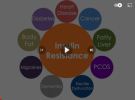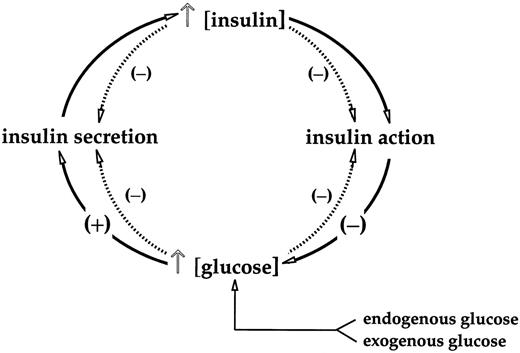jpscloud
Well-Known Member
- Messages
- 1,183
- Type of diabetes
- Type 2
- Treatment type
- Tablets (oral)
My current thinking on dietary fat follows from soaking up Jason Fung's books, articles and you tube vids - fat doesn't trigger an insulin response, and without an insulin response your body doesn't try to store incoming nutrients as fat. I am as greedy as they come and I can say with complete honesty that I can only eat so much fat (with non starchy vegetables and protein - if you give me fat with carbs I will eat until I pass out) before a genuine satiety state hits.
Carbs trigger an insulin response, which tells your body to store any excess incoming nutrients as body fat - first in the liver, then when there's no more room there, in other parts of the body (such as visceral fat). I personally (and I know many others are like me) lack the off switch for carby, sugary, salty, fatty combinations. Carbs vary in their GI and therefore insulin response, sure, but they do all trigger a response while fat does not.
Finally on carbs, particularly grains - it's in the interests of the world's biggest investors for us to consume them in the forms they are offered to us. Those are the forms that make us want to eat them up yum and bypass satiety. I struggle to resist them every day, and for most of my life have failed. I know I'm not alone!
And finally on fats, animal fats are historically not associated with cardiovascular disease as we have been told (plenty of reliable science on that now) - while most of the processed seed oils we're told are healthy are loaded with inflammatory Omega 6, and likely rancid before they're even packaged. Plenty of disease potential there.
Carbs trigger an insulin response, which tells your body to store any excess incoming nutrients as body fat - first in the liver, then when there's no more room there, in other parts of the body (such as visceral fat). I personally (and I know many others are like me) lack the off switch for carby, sugary, salty, fatty combinations. Carbs vary in their GI and therefore insulin response, sure, but they do all trigger a response while fat does not.
Finally on carbs, particularly grains - it's in the interests of the world's biggest investors for us to consume them in the forms they are offered to us. Those are the forms that make us want to eat them up yum and bypass satiety. I struggle to resist them every day, and for most of my life have failed. I know I'm not alone!
And finally on fats, animal fats are historically not associated with cardiovascular disease as we have been told (plenty of reliable science on that now) - while most of the processed seed oils we're told are healthy are loaded with inflammatory Omega 6, and likely rancid before they're even packaged. Plenty of disease potential there.


